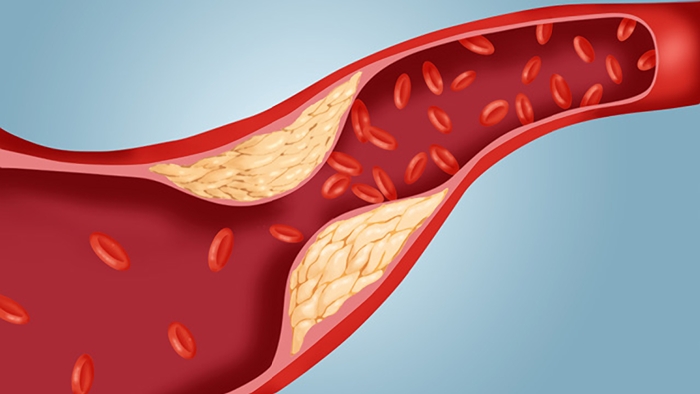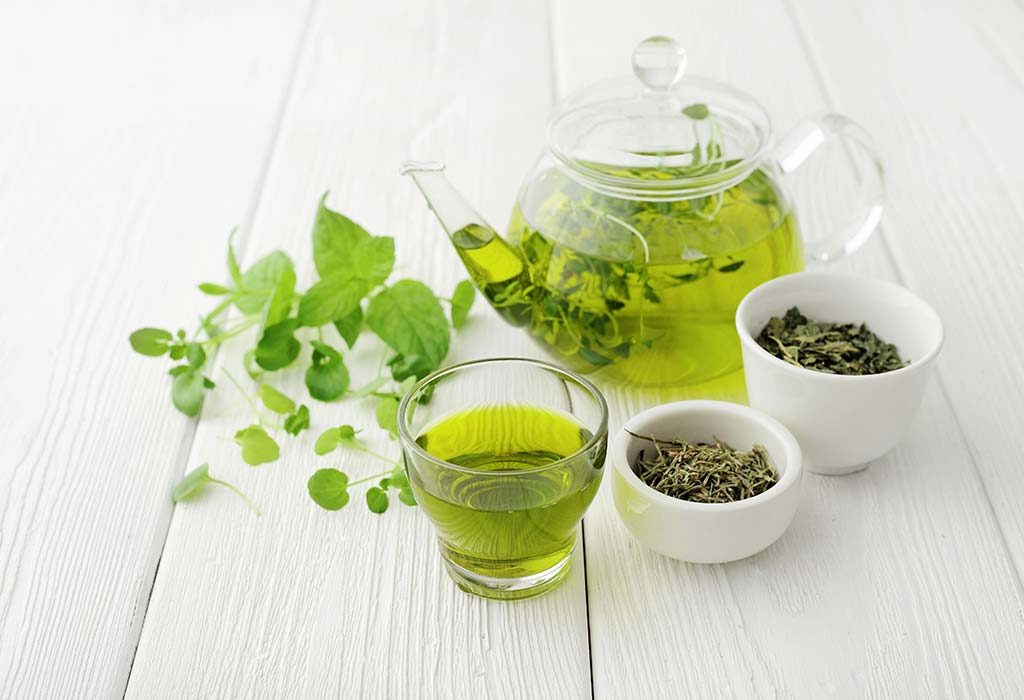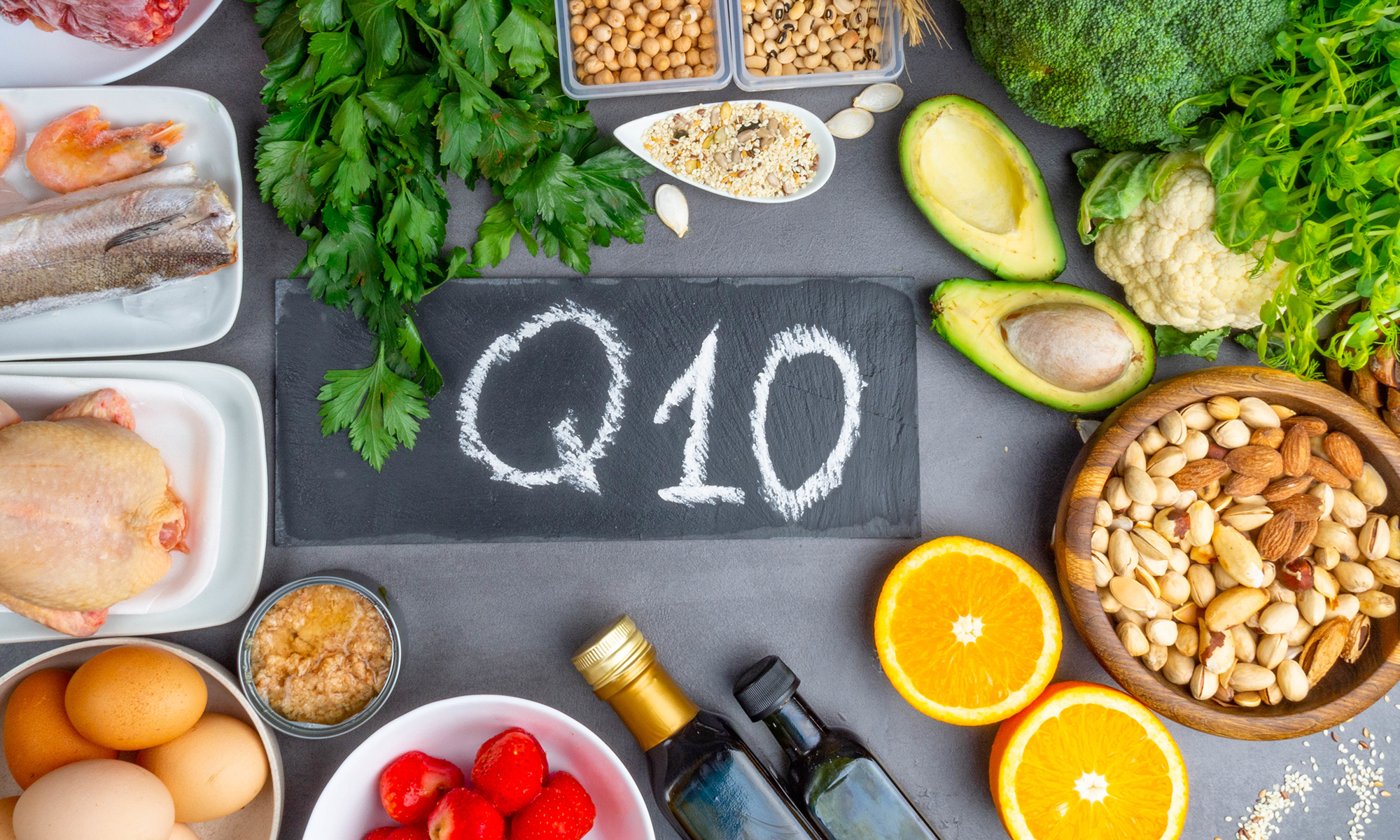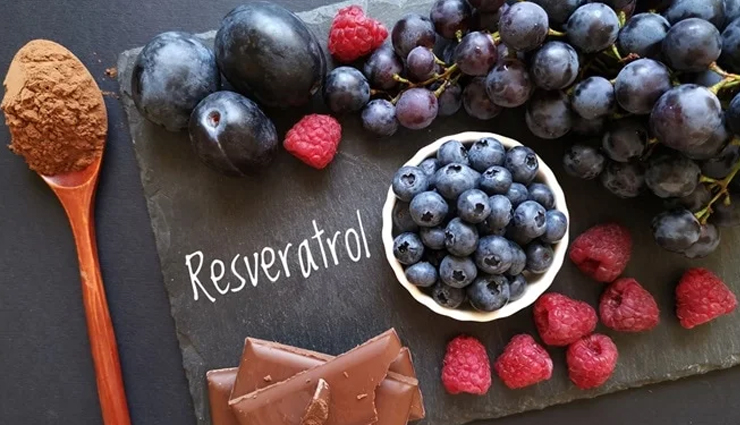Nutrition Awareness Month: Nutrients for Better Health & Boosting Your Immune System
Free Radicals and Antioxidants
You’ve heard the terms “free radicals” and “antioxidants” a million times, but what exactly are they & what role do they play in nutrition awareness?
Free radicals are dangerous, highly reactive, unstable molecules that are missing an electron. They produce oxidative stress or cellular damage throughout the body. They also play a primary role in the aging process. It’s impossible to be alive and not have some free radical damage. This is because free radicals are produced by normal processes in the body (like the release of adrenaline), and from environmental sources such as ultraviolet radiation, tobacco smoke, food additives, and other pollutants.
You’ve seen what happens to an apple that sits on the counter for too long. It turns brown, just like the rusty nail that has been exposed to sun and rain. These are examples of oxidation. Once free radicals are released they multiply geometrically in chain reactions causing oxidative damage, unless they are stopped by antioxidants.
Antioxidants are the vitamins, minerals, enzymes or other chemical compounds that give up an electron to stabilize free radical molecules and stop oxidative damage to our body. They play a key role in neutralizing the estimated 10,000 “oxidative hits” each cell suffers a day. Antioxidants help defend the body against life’s stressors, and also play a role in the body’s cell protection system. They help combat illness, chronic disease, and help us age more gracefully.
Here are some of the most potent natural antioxidants that are vital for staving off cold and flus.
Zinc
Zinc is critical to overall immune health, If you are zinc deficient you are more susceptible to various viruses and bacteria.
Foods high in zinc
Pumpkin
Baked beans
Oysters
Beef chuck roast
Chicken, dark meat
The recommended daily allowance in the U.S. is 11 mg for men and 8 mg for women. Since many Americans are deficient, it’s a good idea to take a zinc supplement. Supplementing with 15 to 30 mg may improve immunity. Be sure not to exceed the upper limit of 40 mg.
Vitamin C
Vitamin C is our primary antioxidant. Forget about the Daily Requirement of 100 mg. a day. In order to be really healthy, and for vitamin C to help you stave off illness, you need a lot more. The recommended upper limit is typically 2,000 mg a day. But some health professionals recommend that in order to avoid getting the common cold, we need 8,000 to 10,000 mg a day. Vitamin C is water soluble, so you can’t take too much. Any excess will be excreted through urine.
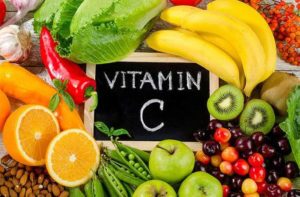
Foods high in vitamin C
Citrus
Broccoli
Red Bell peppers
Red and Green chili peppers
Dark green leafy vegetables
Potatoes
Kiwi
Strawberries, Guava
Blackberries
Papaya
Vitamin D
The highest levels of vitamin D are naturally found in farmers who spend a lot of time outdoors and in people who take vacations or live in areas that are sunny and warm in winter. But most people, and especially the elderly, are vitamin D deficient. Scientists theorize that one of the reasons that influenza occurs in the wintertime is that we do not manufacture enough vitamin D and the resulting D deficiency might promote our susceptibility to the flu virus.1
Foods high in vitamin D
Yogurt
Salmon, trout, tuna and sardines
Milk
Egg yolks
Butter
Dark, leafy greens
Fortified cereals
Mushrooms
Probiotics and Elderberry Extract
Probiotics and Elderberry Extract are two important supplements for boosting immune health.
Your immune system helps defend you against colds, pathogens, and viruses. And 80% of your immune cells live in your intestinal tract! The digestive system plays an essential role in the healthy function of your immune system. The tens of trillions of beneficial bacteria in your gut are a vital part of keeping every part of your body healthy and functioning. If you want to stay healthy, taking care of your gut health to power up your natural defenses is crucial. The best ways are to eat yogurt, drink kefir, and to take a proven probiotic supplement.
Elderberry extract has been shown to reduce the severity and length of flu.2 It comes in a variety of forms, including liquids, capsules, lozenges and gummies.
We don’t have a vaccine against COVID-19 yet. But based on historical evidence the best way to combat COVID-19 is by: washing our hands at least 20 seconds under running water (front and back and under nails), staying at least 6-feet away from people with symptoms, eating a nutritious diet, and taking the above mentioned supplements. All these, combined with our normal healthy routine of drinking plenty of water, exercising, and getting sound sleep can go a long way in helping us to stay healthy.






